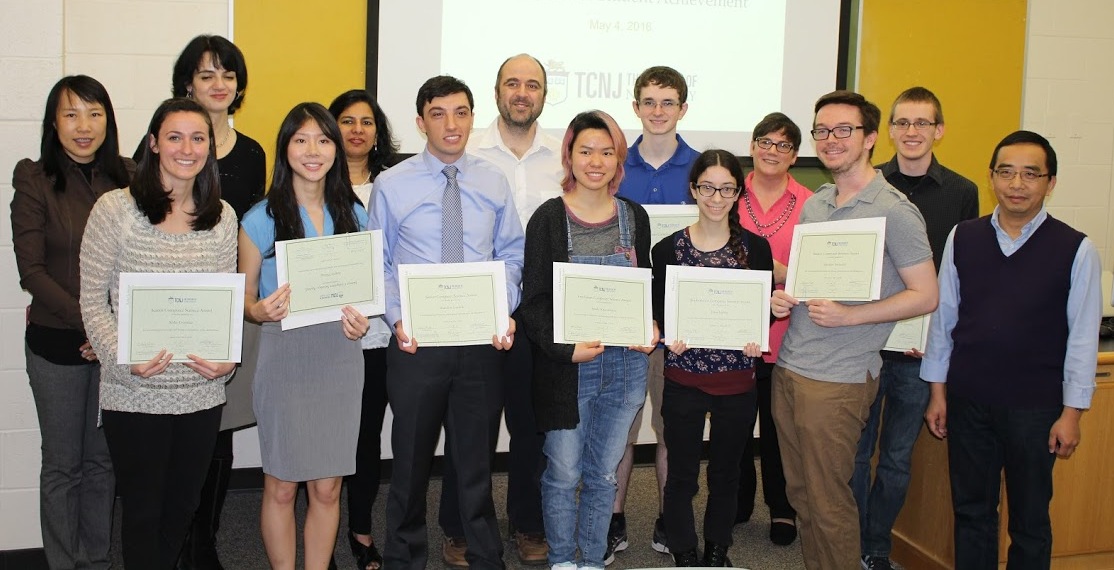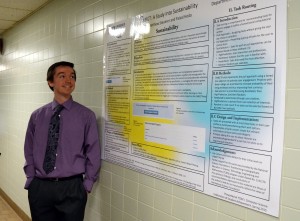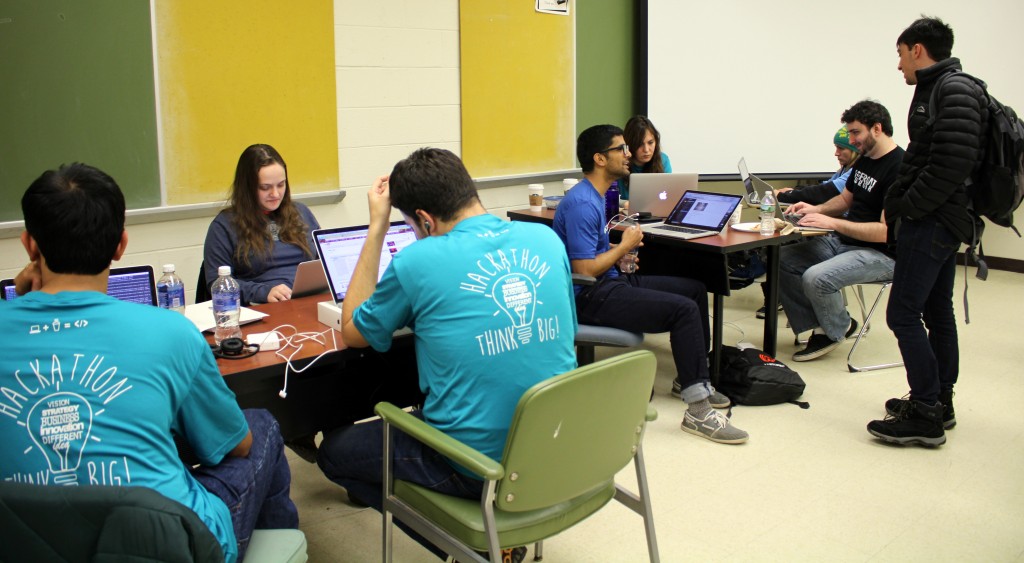Congratulations to the winners of the 2015-2016 Computer Science Department Awards, Computer Science Service Awards, and the Computer Science Leadership Awards!

The Computer Science Department awardees are selected by the faculty based not only on their exemplary performance in CS courses, but also on their significant contributions to the department.
Freshman Award – Emily Kazenmayer and Edward Kennedy
Sophomore Award – Elisa Idrobo and Brittany Reedman
Junior Award – Angela Huang
Senior Award – Kylie Gorman, Brandon Gottlob, Benjamin Meyer, and Matthew Steuerer
Computer Science Service Awards are given to students who have taken part in the organization of department events and whose leadership efforts have enriched the TCNJ CS community. This year, Lindsey Abramson, Alexander Cretella, Beau LaManna, Michael, Packi, Warren Seto, and Henry Shen received CS Service Awards.
Student recipients of the Computer Science Leadership Awards have made integral contributions as leaders of the department’s student community, including the student organizations (ACM, WICS, UPE), and have strengthened the College’s community through organization of professional development opportunities, outreach programs, and other service engagements. This year, Kylie Gorman, Brandon Gottlob, and Brittany Reedman received CS Leadership Awards.



